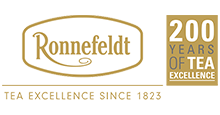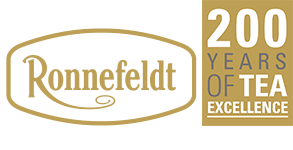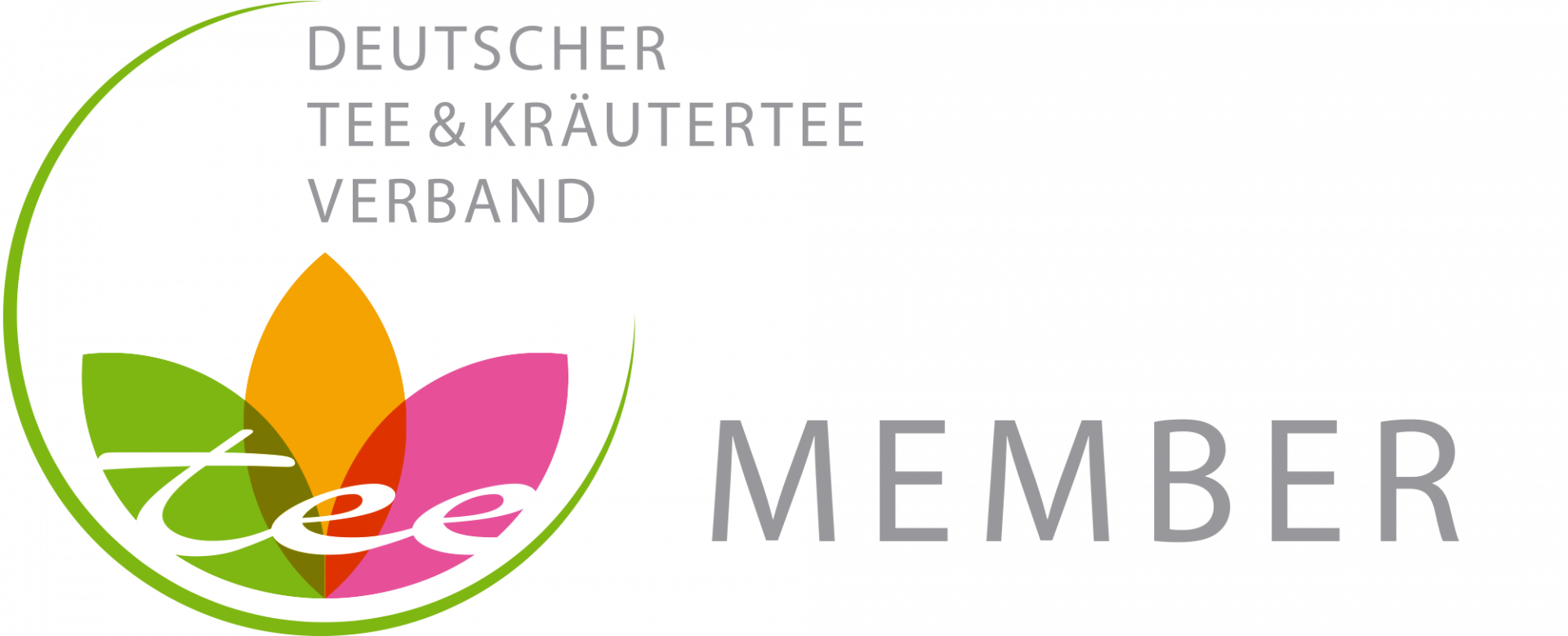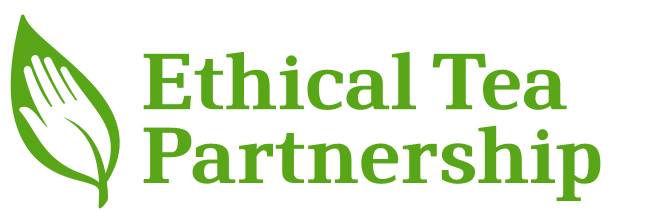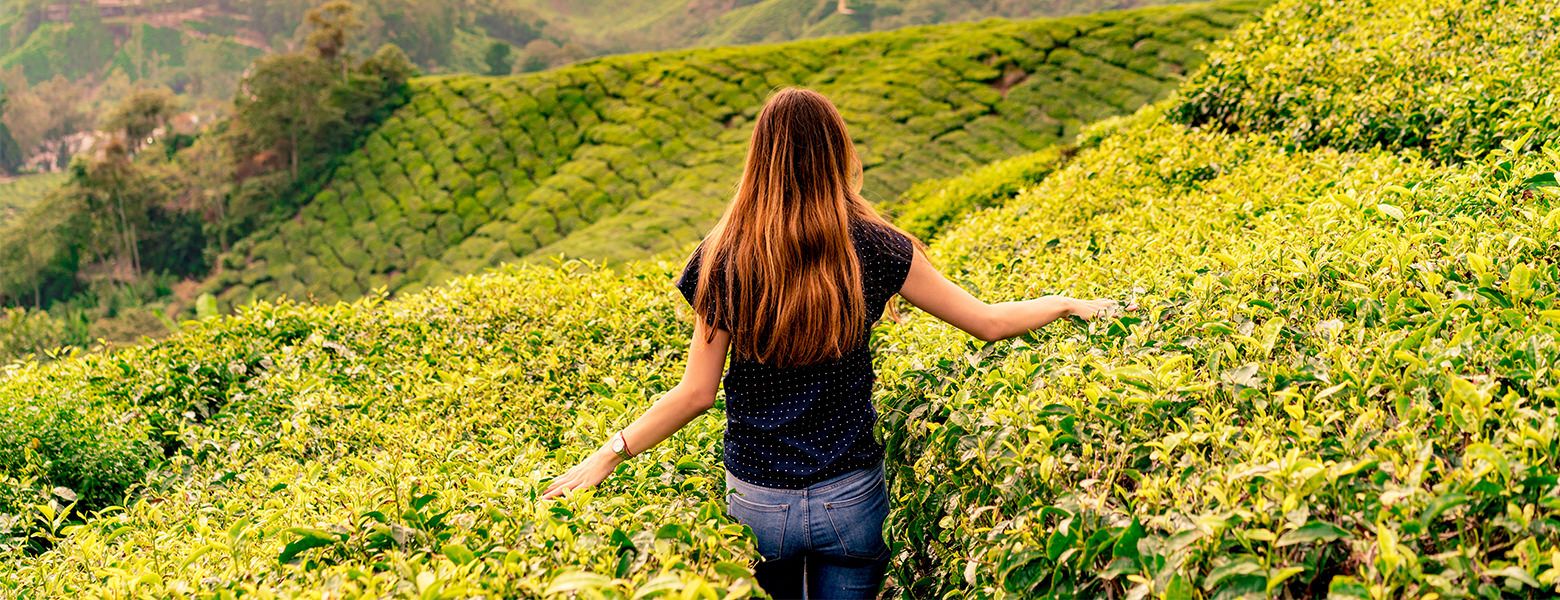
Sustainability: A prior core of Ronnefeldt
Premium quality from the very beginning
For over 200 years, Ronnefeldt has been known for an unique taste of tea. No distance is too great and no tea garden too far away for us – our passion for tea and the highest quality standards have guided us since Johann Tobias Ronnefeldt founded the company in 1823.
For generations we have done business in a fair and sustainable manner, because we care deeply about having a good conscience towards nature and society. This means fostering an atmosphere of respect, trust and responsibility in our daily interactions. Our first sustainability report shows our clients, employees and other interested parties how serious we taking the subject of sustainability.
For generations we have done business in a fair and sustainable manner, because we care deeply about having a good conscience towards nature and society. This means fostering an atmosphere of respect, trust and responsibility in our daily interactions. Our first sustainability report shows our clients, employees and other interested parties how serious we taking the subject of sustainability.
Collaboration with
130
employees
Tea enjoyment in
80
countries
Variety thanks to over
350
different kinds of tea
Quality for over
200
years

Environmental protection from the tea garden to the cup
Tea is grown throughout the world. Unfortunately, the environmental standards in many of these countries are often low. For Ronnefeldt, organic production is particularly relevant, since the raw material tea as a primary product is affected by climate change and environmental pollution. This has an impact on the foundation on which our business is built.
This is why it is important to us to procure many different varieties in organic quality and to minimise our use of resources and packaging materials. To ensure environmental protection in the growing regions we subject our suppliers to mandatory requirements regarding compliance with the statutory provisions on plant protection products and pollutants.
This is why it is important to us to procure many different varieties in organic quality and to minimise our use of resources and packaging materials. To ensure environmental protection in the growing regions we subject our suppliers to mandatory requirements regarding compliance with the statutory provisions on plant protection products and pollutants.
»We have ambitious goals to introduce more sustainable packaging – and we will work hard to reach them.«
Bernd Brockmann, Plant Manager
Our sustainability goals at a glance
100% sustainable materials in our packaging by 2021
Increase the number of training hours per employee
Procure our tea preferably from small plantations
Increase the share of organic teas in our product range
Transition to electric, hybrid or fuel cell vehicles for the company fleet
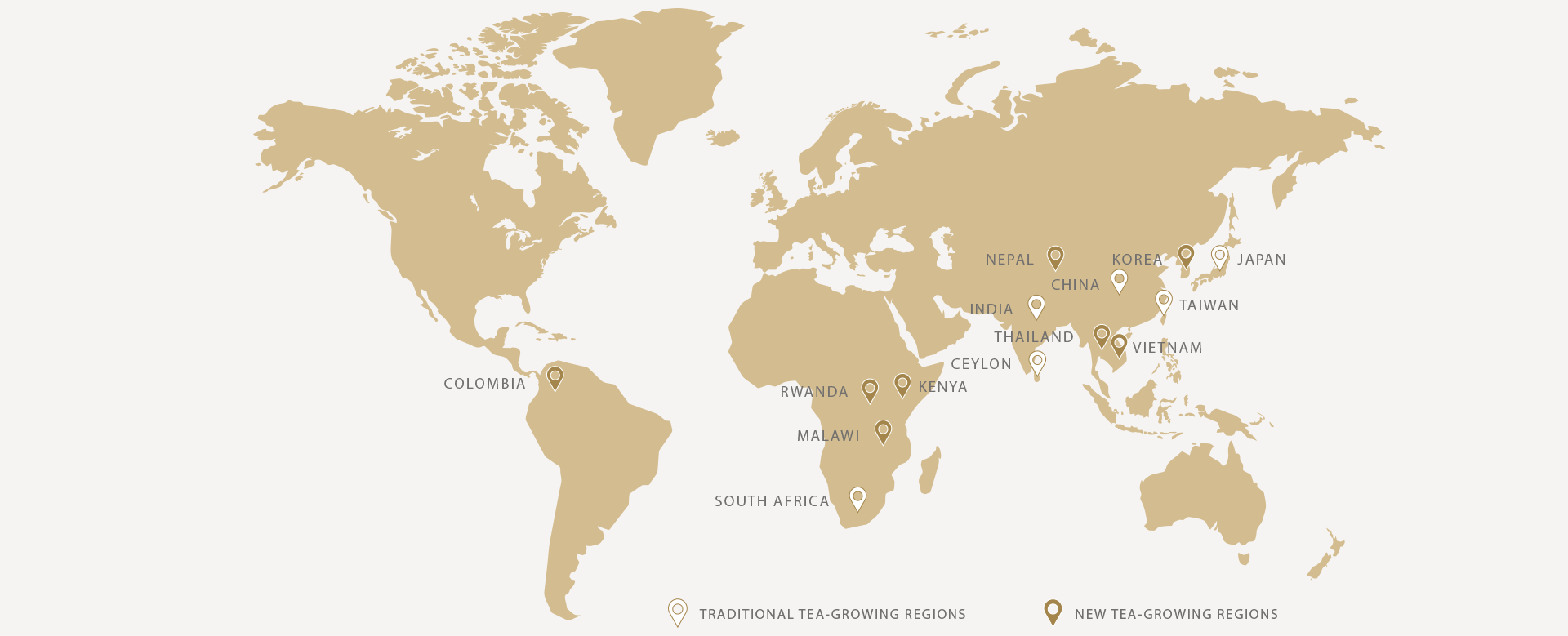
Social sustainability in tea cultivation
Only a small share of the tea produced throughout the world ends up in Germany, and only a fraction of this at Ronnefeldt. Our influence is therefore limited as to what we can do to improve social standards in tea cultivation. Nevertheless, it is very important to us to secure and improve the working and living conditions of the local people; social sustainability is a key quality criterion for us. Our activities protect social standards up and down the supply chain, and we contribute to sustainable development beyond our company’s boundaries. We promote sustainability in the tea sector as a member of the following associations and organisations:
Ethical Tea Partnership
The Ethical Tea Partnership is a global membership organisation which is dedicated to promoting socially and ecologically sustainable business practices in the countries where tea is grown. Since 2013, Ronnefeldt has been supporting the work of the Ethical Tea Partnership as a member.
The mission of the Ethical Tea Partnership is to bring about long-term, systemic change in tea-growing regions by actively listening to workers, farmers, and communities, convening their members, facilitating collaboration, and mobilizing resources.The effort addresses the key issues within economics, equality, and the environment.
Childaid Network
Childaid Network is committed to the education of needy children and youth to eradicate poverty and to give them a better future. The foundation’s work is focused primarily on the Assam tea region in northeastern India, but it also has projects in Nepal, Bangladesh and Myanmar. Our owner Jan-Berend Holzapfel has been a member of the Board of Trustees since 2016 and contributes his expertise and experience in this function.
Childaid Network supports families in planting their own small tea gardens so that they can secure their own livelihood. Around 1,000 families have already planted their own micro gardens and have organised themselves into cooperatives to sell the tea. We plan to work even closer with Childaid Network in the future.
For more information visit www.childaid.net.
MORE ABOUT OUR CURRENT SPONSORSHIP PROJECT
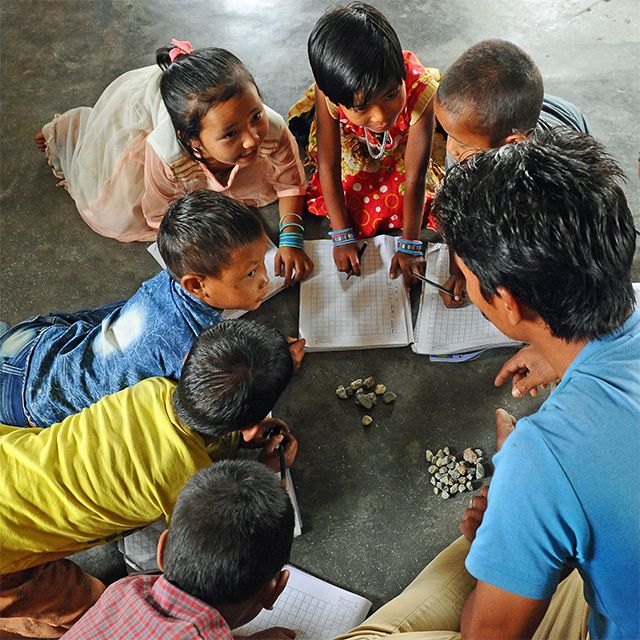
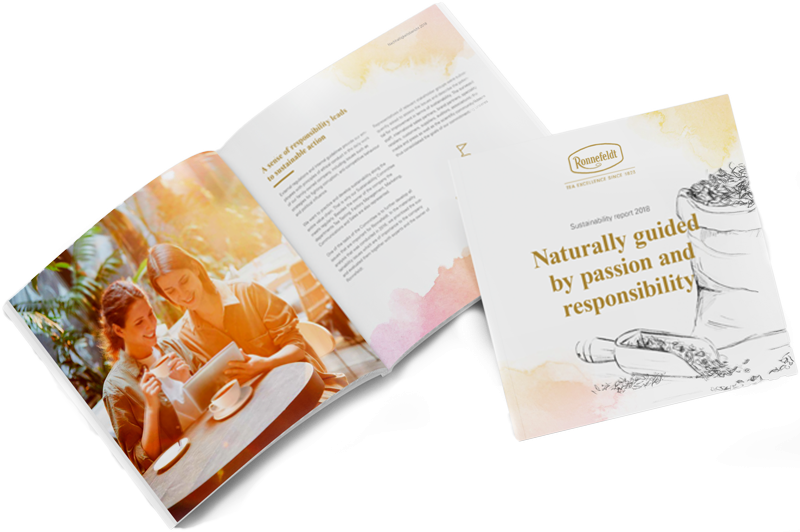
Naturally guided by passion and responsibility
Would you like to find out more about sustainability? Then download our sustainability report.
Did you know that?
Sustainability reports are always dealing with the past. This is why our "Sustainability Report 2018" is referring to the years 2017 and 2018.
